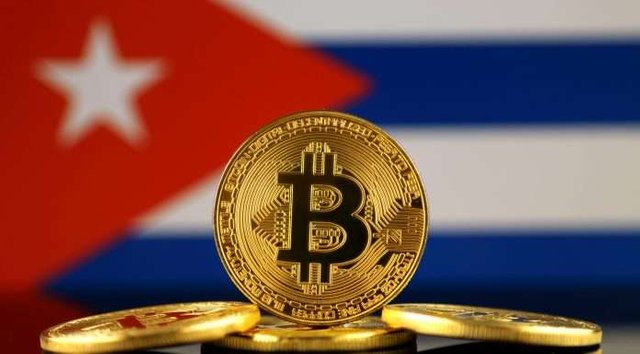How Qbita is Saving the Cuban Economy
The Cuban Financial Landscape
Cuba’s economy has long struggled under the weight of economic sanctions, limited access to global financial systems, and an over-reliance on state-controlled mechanisms. U.S. trade embargoes have further isolated the island nation, leaving many Cubans without the means to engage in international trade or access basic financial tools. Adding to the challenge is the dual currency system, which often creates confusion and limits economic growth. Against this backdrop, financial innovation has been slow to penetrate the Cuban market due to a lack of infrastructure and connectivity.
Introduction to Qbita
Qbita, founded by Cuban entrepreneur Mario Mazzola in 2019, emerged as a lifeline for Cubans seeking financial freedom. Recognizing the unique challenges of Cuba’s economic environment, Mazzola designed Qbita to work within the constraints of limited internet access and technological resources. It’s a Bitcoin wallet and payment platform that operates offline, ensuring accessibility for users with intermittent connectivity.
What sets Qbita apart is its simplicity and security. It enables Cubans to send and receive Bitcoin without relying on traditional banking systems, bypassing the restrictions imposed by international sanctions. This decentralized approach gives users direct control over their finances, a critical need in a country where government oversight often stifles individual economic freedom.
The Role of Bitcoin and Blockchain
Bitcoin, as a decentralized digital currency, offers Cubans a way to engage with the global economy without the need for intermediaries. Blockchain technology ensures transparency, security, and immutability of transactions. Qbita leverages these features to provide a reliable financial tool in a country where trust in state-controlled banking is low.
For example, Cuban freelancers and entrepreneurs can use Qbita to receive payments from international clients, eliminating the need for costly middlemen or unreliable bank transfers. Additionally, remittances from the Cuban diaspora can be sent directly through Bitcoin, offering a faster and cheaper alternative to traditional methods.
Empowering Entrepreneurs
Qbita has become a powerful tool for Cuban entrepreneurs, enabling them to participate in the digital economy. Small business owners, artisans, and service providers can accept Bitcoin payments, expanding their customer base beyond Cuba’s borders. This newfound access to global markets allows them to diversify income streams and mitigate the risks associated with Cuba’s unstable economy.
One notable success story involves local tech developers who have used Qbita to receive payments for their services. By using Bitcoin, they’ve been able to avoid exorbitant transaction fees and delays, empowering them to grow their businesses and invest in their communities.
Challenges and Adoption
Despite its potential, Qbita faces several challenges. Education is a significant barrier, as many Cubans are unfamiliar with Bitcoin and blockchain technology. To address this, Qbita has initiated grassroots campaigns to teach users about the benefits and mechanics of cryptocurrency.
Regulatory uncertainty also looms large. While Cuba’s government has shown interest in exploring cryptocurrencies, the lack of clear legal frameworks could hinder widespread adoption. Additionally, limited access to reliable internet and smartphones remains a bottleneck for scaling the platform.
Future Outlook
The future of Qbita and its role in saving the Cuban economy looks promising. As more Cubans adopt the platform, it has the potential to reshape the country’s financial landscape. With increased education and outreach, Qbita could empower a new generation of entrepreneurs and freelancers to thrive in the global digital economy.
In the long term, partnerships with international organizations and advancements in Cuban infrastructure could further enhance Qbita’s impact. If regulatory hurdles are addressed, Qbita could pave the way for broader cryptocurrency adoption in Cuba, making financial inclusion a reality for millions.
As Qbita continues to grow, it’s not just offering a financial tool; it’s fostering hope and resilience in a country striving for economic independence. The decentralized revolution, spearheaded by platforms like Qbita, might just be the key to unlocking Cuba’s true potential.
